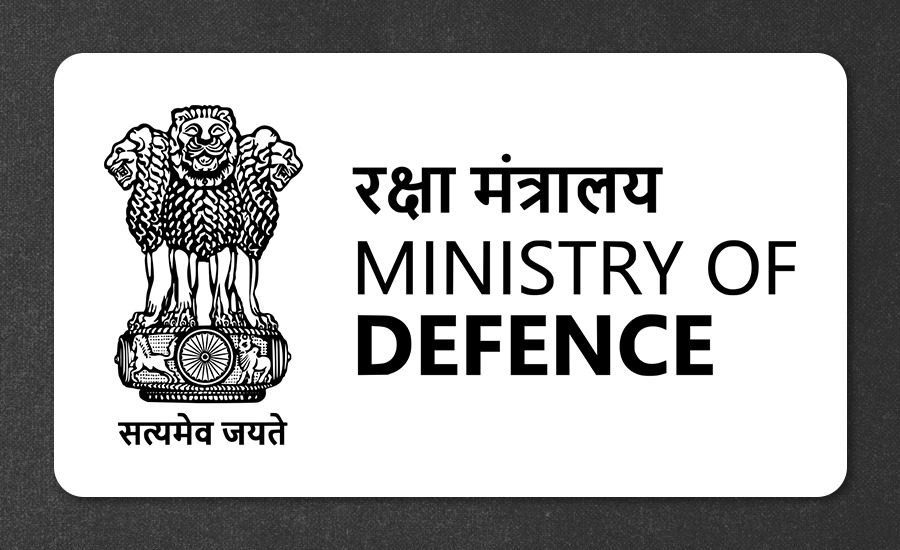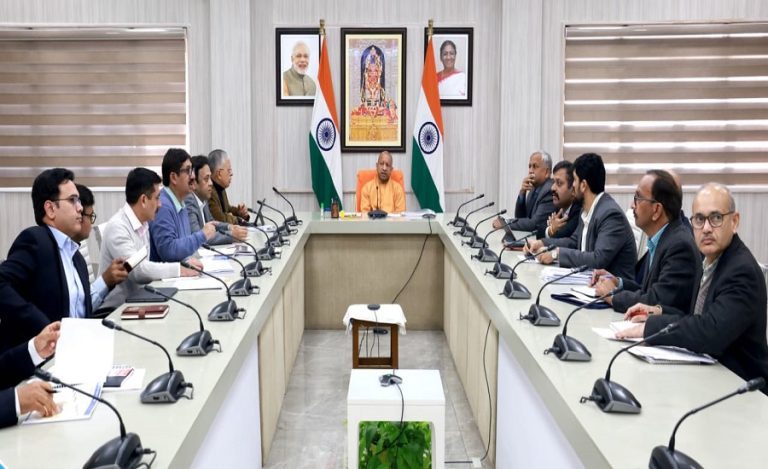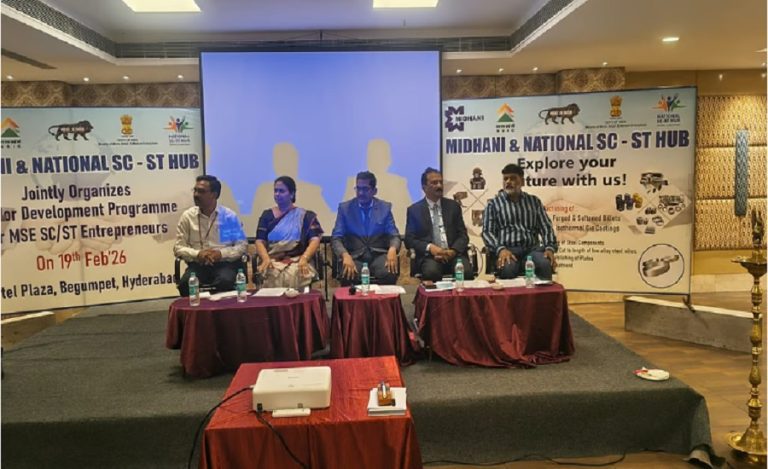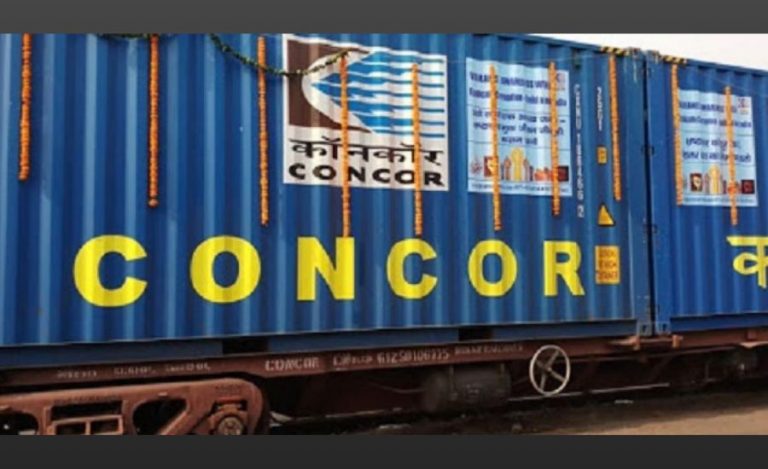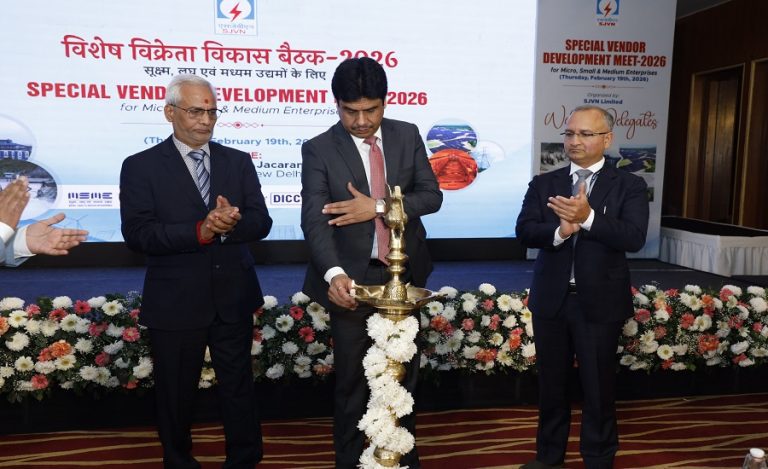In a strategic move to enhance the Indian Army’s preparedness for counter-terrorism operations, the Ministry of Defence has concluded 13 contracts under the Emergency Procurement (EP) mechanism. These contracts, amounting to ₹1,981.90 crore, have been finalized against an overall sanctioned outlay of ₹2,000 crore for the Indian Army.
Executed through fast-track procedures under the EP mandate, the procurement aims to enhance situational awareness, lethality, mobility, and protection for troops deployed in counter-terrorism environments. The acquisitions were completed within compressed timelines to ensure rapid capability augmentation.
- Key Equipment Procured:
Integrated Drone Detection and Interdiction Systems (IDDIS): Advanced systems to detect and neutralize unauthorized drones in sensitive areas. - Low Level Lightweight Radars (LLLR): Compact radars for monitoring low-altitude airspace, crucial for detecting aerial threats.
- Very Short Range Air Defence Systems (VSHORADS): Including launchers and missiles, these systems provide immediate defense against low-flying aerial threats.
- Remotely Piloted Aerial Vehicles (RPAVs): Drones for surveillance and reconnaissance missions.
- Loitering Munitions (VTOL): Vertical Take-Off and Landing systems designed for precision strikes in complex terrains.
- Various Categories of Drones: For surveillance, reconnaissance, and tactical operations.
- Bullet Proof Jackets (BPJs): Enhanced protection for personnel in hostile environments.
- Ballistic Helmets: To safeguard against head injuries during operations.
- Quick Reaction Fighting Vehicles (QRFVs): Heavy and medium vehicles for rapid deployment and mobility.
- Night Sights for Rifles: Improved targeting capabilities during low-light conditions.
Commitment to Indigenous and Mission-Critical Systems
The Ministry of Defence has underscored its commitment to equipping the Indian Army with state-of-the-art, fully indigenous technologies tailored to address evolving security challenges. The Emergency Procurement route remains a vital tool in ensuring the timely induction of mission-critical equipment, supporting the armed forces in maintaining operational dominance.
This series of procurements is expected to significantly boost the army’s counter-terrorism capabilities, fortifying national security and enhancing rapid response potential against emerging threats.

